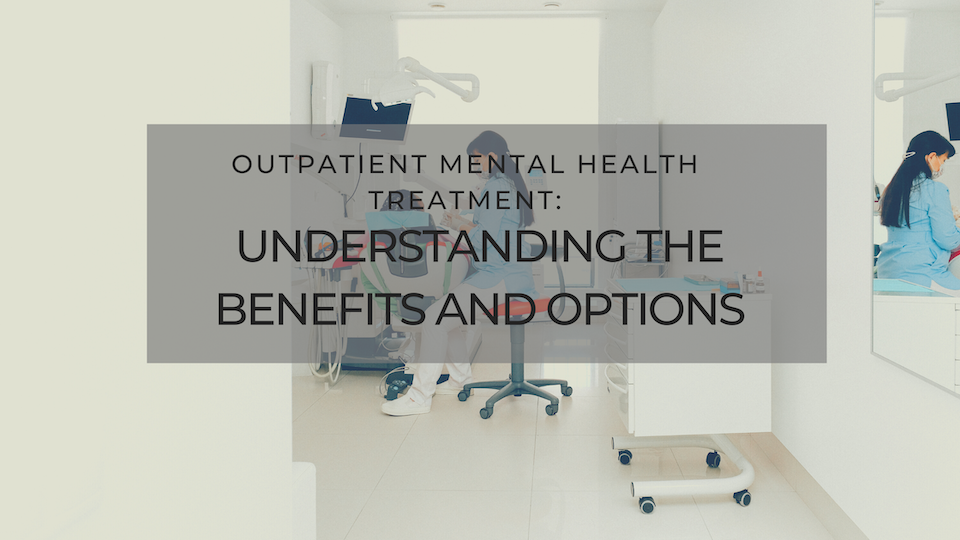When it comes to mental health, seeking treatment is a crucial step in recovery. Outpatient mental health treatment is viable for individuals who need support and care for their mental health issues but do not require round-the-clock care in a hospital setting. This blog will discuss the benefits and options of outpatient mental health treatment.
Benefits of Outpatient Mental Health Treatment
- Flexibility: Outpatient treatment allows individuals to receive the care they need while still being able to maintain their daily routines and responsibilities. This is especially important for individuals who have work or family commitments.
- Cost-Effective: Outpatient treatment is often less expensive than inpatient treatment, as it does not require hospitalization. This is a significant advantage for individuals seeking affordable mental health treatment.
- Access to Support: Outpatient treatment provides access to a wide range of mental health professionals, including therapists, psychiatrists, and support groups. This allows individuals to receive the support they need to manage their mental health issues.
- Continuity of Care: Outpatient treatment provides continuity of care, which is essential for individuals who need ongoing support for their mental health. With outpatient treatment, individuals can receive care from the same mental health professionals over an extended period of time, helping to build trust and a strong therapeutic relationship.
Options for Outpatient Mental Health Treatment
- Psychotherapy: Also known as talk therapy, psychotherapy is a form of treatment that involves talking with a mental health professional to address mental health issues. This can include individual therapy, group therapy, and couples therapy.
- Medication Management: Outpatient mental health treatment may involve medication management to help manage symptoms of mental illness. A mental health professional will work with the individual to determine the best course of treatment, including the appropriate medications and dosages.
- Support Groups: Support groups can be an effective form of outpatient treatment for individuals seeking support and connection with others with similar experiences. These groups provide a safe and confidential space for individuals to share their thoughts and feelings and receive support from others.
Conclusion:
Outpatient mental health treatment is a viable option for individuals who need support and care for their mental health issues. It offers many benefits, including flexibility, cost-effectiveness, support access, and care continuity. With the wide range of options available, including psychotherapy, medication management, and support groups, individuals can receive the treatment and support they need to manage their mental health. If you or a loved one is seeking mental health treatment, consider outpatient treatment as an option and discuss your options with a mental health professional.
Originally published on Herrick Lipton’s website.
